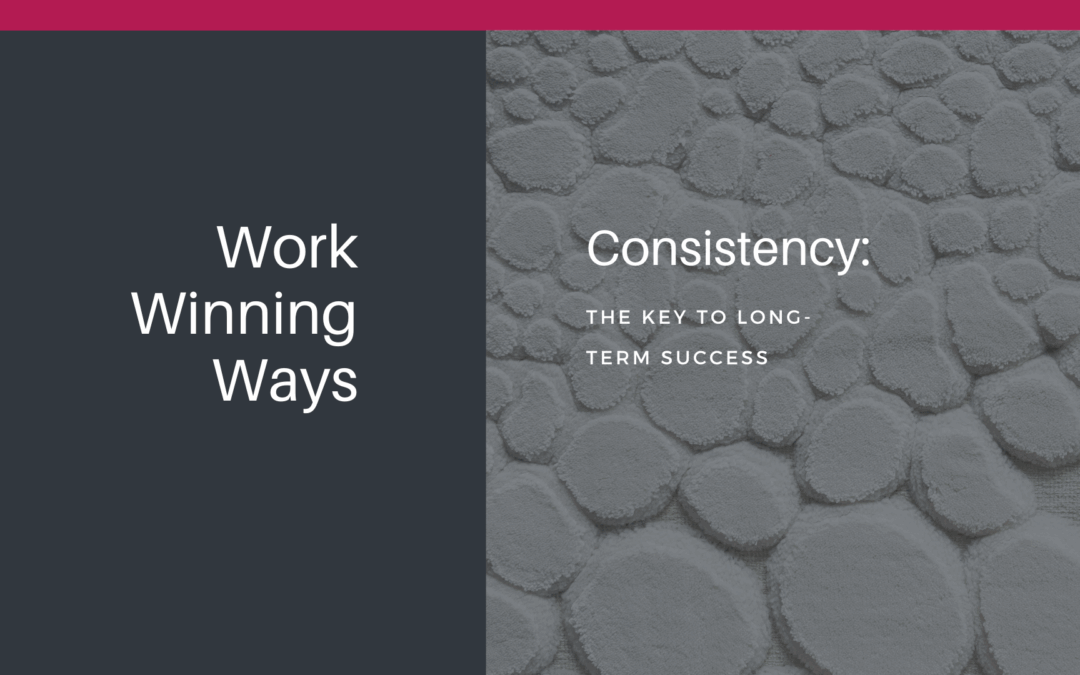Cross Selling: how to achieve growth by cross selling in professional services
‘Cross-Selling’ is the key to smart business growth but why is it so difficult? Questas CEO & Founder, Gary Williams reveals how to overcome the barriers and generate significant opportunities from existing clients.
What is cross selling?
Cross-selling is best described as ‘collaborating with other specialists within your company, working in partnership on behalf of the client’s best interest.’ It is a proactive, ongoing process designed to provide your existing customers with a range of your company’s services that will help them achieve their objectives.
Having worked with many professional services firms operating in the built and natural environment, we see many companies who are not optimising their cross-selling opportunities, missing obvious areas of growth in their organisation. Many of them have key client management programmes, with one of the measures of success being the number of services their clients buy from them. On average, supplier firms provide only 20% of their services to clients. There’s nothing worse than a client who tells you, “I didn’t know you provided that service, if I had I wouldn’t have given the project to your biggest competitor…”
On average supplier firms provide just 20% of their services to clients.
A client who buys multiple services is harder to lose to a competitor.
Cross selling from the supplier’s perspective
Existing customers are easier to sell to, by a long shot. You’re 60-70% likely to sell to an existing customer, compared to the 5-20% likelihood of selling to a new prospect (according to book of Marketing Metrics). So concentrating efforts on cross-selling makes sense. A client who buys multiple services is harder to lose to a competitor than a single service client.
A professional services company can also forge better relationships, moving up the ‘Trusted Advisor’ curve and ultimately being seen as a partner organisation who helps the client achieve their long-term objectives as opposed to a provider of commodity services who can be substituted at very short notice.
Cross selling from the client’s perspective
Managing the supply chain can be an onerous task. Keeping on top of providers, ensuring deliverables are met, not to mention procurement and tendering, this can be extremely time consuming and costly.
Our clients are human beings (in the main!) and one thing I know to be universal is that we live in ever more complicated, busy and often challenging worlds. We all strive for an easy life and if a client can trust a supplier to deliver more than one service, confident that “they know how we work and what our expectations are…” that is one less thing to worry about.
There are potential economic benefits as well. Clients can achieve their objectives in the most economic way. They can potentially reduce the cost of managing multiple suppliers and, hopefully, they can speed up projects by having fewer ‘players’ in the supply chain.
Clients can achieve their objectives in the most economic way.
Introducing our contacts to our colleagues creates strong, collaborative networks.
Cross selling from the individual’s perspective
Today’s consultant has to be the ‘rounded professional’, seen to be creating opportunities for other areas of the firm beyond their own. Our personal brand and value grows when we are able to refer a client to a colleague who’s expertise would benefit them. So being generous with our time and sharing our contacts should be something we feel compelled and motivated to do.
So if Cross-Selling is seen as one of the Keys to Growth, why is it so hard for professional services firms to be successful at it?
These are the most common reasons
- A lack of understanding of everything the firm can offer
- Inability to explore the client’s world broadly enough to uncover opportunities outside of technical disciplines
- Poor internal communication
- An unwillingness to introduce colleagues to our clients or share valuable relationships
- Poor leadership
- Measuring things that disincentivize cross-selling and drive the wrong behaviours
Even the most ‘non-sales’ people are able to learn how to explore clients’ worlds.
Five ways to encourage a cross selling culture
The good news is that there is plenty that can be done to counter these barriers. Here are some steps that we have found to be valuable to businesses.
- Lunch and learn sessions delivered by different departments
- Attend different service line client and BD meetings
- Use your Key Client Management programme to bring representatives of all relevant parties to the table (including those who are not currently working with the client).
They can:
Train all client-facing people in the art of exploring cross selling opportunities.
- Increase the number of ‘non-project’ client meetings.
- Encourage people to understand how to look for opportunities for ‘adjacent’ services.
- The first thing to understand is that the mindset of people is the key to better internal comms – one that is open and sharing for the benefit of the client.
- Systems and software – too many firms are still relying on spreadsheets. Investing in CRM (client relationship management) systems is a critical success factor. There is a health warning here… if the first step above is not in place, CRM systems become nothing more than an expensive address book!
- Internal education, on a continuous basis, that shows not just what services a firm has to offer but how to spot opportunities for them, including what questions to ask to uncover those opportunities.
- Encourage internal networking and social events.
- Mix internal BD meetings with different disciplines coming together. This often works well in a sector strategy.
- Use the concept of ‘roadshows’ to take the message out to the business.
- This is a leadership issue. Work on motivation, a sense of ‘doing it for the team’, rewarding through recognition and praise.
- Hold an annual awards event – reward the behaviours and activities as much as the outputs.
- Lead from the front. Set an example to your team.
How to Cross-Sell without Selling!

Latest insights

Work Winning Ways – Consistency: The key to long-term success
Hi and welcome back to Work Winning Ways! This is the final edition in our 5 Simple ways...

Work Winning Ways: Effectively articulating your value
Hi and welcome back to Work Winning Ways! We’re now on the penultimate edition of our...

Work Winning Ways: Building Relationships – The Trust Factor
Hi and welcome back to Work Winning Ways! We’re continuing our series on ‘5 Simple ways...
Summary
- So it’s obvious that not developing a cross-selling program in your organisation really is wasting a serious opportunity for growth.
- Remember, it’s critically important that everyone in the organisation buys into the philosophy in order to collaboratively support the efforts of all. That includes leaders and senior managers too!
- Companies that fail to implement an effective cross-selling programme do a disservice to their customers and leave the backdoor open to their competitors. Not being proactive about encouraging a culture of cross-selling is a missed opportunity for smart business growth. Check out our Cross-Selling Skills Training here, or individuals can:










